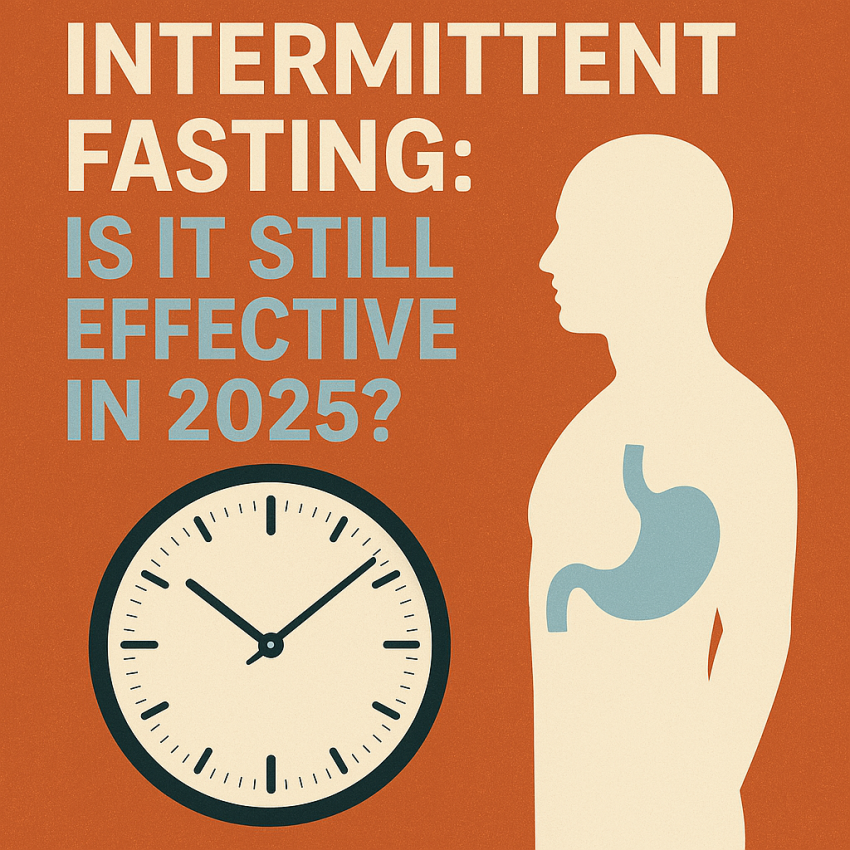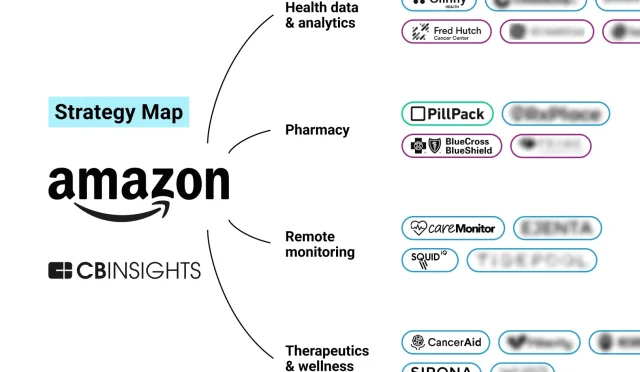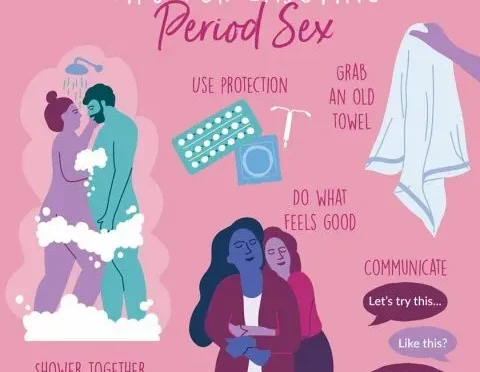Intermittent Fasting: Is It Still Effective in 2025?
Intermittent Fasting, In the ever-changing world of health and nutrition, intermittent fasting has remained a hot topic for nearly a decade. But as we navigate through 2025, many are asking: Is intermittent fasting still effective? Or is it just another fading trend replaced by newer methods?
In this in-depth article, we’ll explore the latest science, real-life success stories, expert opinions, and tech innovations surrounding intermittent fasting in 2025. If you’re considering starting—or restarting—this popular approach to weight loss and wellness, this guide is for you.
🔍 What is Intermittent Fasting? (A Quick Refresher)
Intermittent fasting (IF) is not a diet, but a structured eating pattern. It alternates between periods of eating and fasting. The most popular methods include:
-
16:8 – Fast for 16 hours, eat during 8 hours
-
5:2 – Eat normally for 5 days, restrict calories on 2 days
-
OMAD (One Meal a Day) – A single meal within 1-2 hours
-
Alternate-Day Fasting – Fasting every other day
Unlike calorie-counting diets, intermittent fasting focuses on when you eat, not just what you eat.
🧪 The Science Behind Intermittent Fasting in 2025
In 2025, research on intermittent fasting has grown significantly. New findings show:
🔬 1. Improved Metabolic Health
Studies continue to support that intermittent fasting improves:
-
Insulin sensitivity
-
Blood sugar regulation
-
Cholesterol and triglyceride levels
-
Fat metabolism
Short-term fasting helps trigger fat burning by lowering insulin levels and boosting norepinephrine.
🔬 2. Weight Loss
People still experience consistent weight loss through IF, especially when paired with a clean diet. A 2024 meta-analysis found that intermittent fasting participants lost an average of 7–11 pounds in 8 weeks.
🔬 3. Cellular Repair and Longevity
Fasting activates autophagy, a process where the body cleans out damaged cells, which may contribute to anti-aging and increased lifespan.
🔬 4. Mental Clarity and Focus
Reduced glucose fluctuations during fasting help many users report better cognitive performance and fewer energy crashes.
🆚 Intermittent Fasting vs. Other Diets in 2025
In 2025, there are hundreds of trending diets—from keto to plant-based, carb cycling to “smart eating.” How does intermittent fasting compare?
| Diet Type | Focus | Time Restriction | Weight Loss | Long-Term Sustainability |
|---|---|---|---|---|
| Intermittent Fasting | When you eat | ✅ | ✅✅✅ | ✅✅✅ |
| Keto | High-fat, low-carb | ❌ | ✅✅ | ✅ |
| Plant-Based | No animal products | ❌ | ✅ | ✅✅✅ |
| Paleo | Whole, unprocessed foods | ❌ | ✅ | ✅✅ |
Conclusion: IF remains one of the simplest and most sustainable methods for those who don’t want to count calories or eliminate food groups.
⏳ Top Intermittent Fasting Schedules People Use in 2025
🕒 16:8 Method (Still #1 in Popularity)
-
Eat between 12pm–8pm
-
Skip breakfast
-
Most flexible and beginner-friendly
🕒 18:6 and OMAD (Advanced Users)
-
Extended fasts offer deeper fat burning
-
Require meal planning and discipline
🕒 Personalized Fasting (With AI)
Apps like Zero, DoFasting, and MyFitnessPal now offer AI-based guidance, analyzing your sleep, stress, and hormone levels to optimize fasting windows.
🍽️ What You Can Eat During Intermittent Fasting
During your eating window, focus on:
-
High-protein meals (chicken, eggs, legumes)
-
Healthy fats (avocado, nuts, olive oil)
-
Complex carbs (quinoa, oats, sweet potatoes)
-
Hydration (water, green tea, black coffee during fasts)
Remember: intermittent fasting is not a free pass to binge on junk food. Quality matters.
🤖 Tech & Tools That Make Intermittent Fasting Easier in 2025
📱 AI-Powered Fasting Apps
-
Zero Fasting: Personalized tracking & coaching
-
Fastic: Progress visualizations and goal setting
-
Lumen: Breath-based metabolism insights
⌚ Wearables
Devices like Fitbit, Oura Ring, and Apple Watch now integrate intermittent fasting modes to track metabolic markers and align with your circadian rhythm.
💬 Real People, Real Results: Testimonials from 2025
“I’ve been doing intermittent fasting for 3 years. In 2025, I feel better than ever—my skin, sleep, and energy are all on point.”
— Claire M., 39, Boston
“My wearable device showed a 15% improvement in HRV after 6 weeks of IF. That’s massive for recovery.”
— Jake L., 28, Toronto
“I tried many diets, but nothing was as sustainable as this. No hunger, no stress, no nonsense.”
— Mariah K., 45, Berlin
❓ Is Intermittent Fasting Right for Everyone?
While many thrive on intermittent fasting, it’s not ideal for everyone.
🚫 Avoid IF If:
-
You are pregnant or breastfeeding
-
You have a history of eating disorders
-
You’re on medication requiring regular meals
-
You’re an athlete in intense training phases
Always consult a doctor before beginning.
🔁 Sample Weekly Intermittent Fasting Plan (16:8 Schedule)
| Day | Fasting Hours | Eating Window | Suggested Meal Focus |
|---|---|---|---|
| Monday | 8pm–12pm | 12pm–8pm | Protein-rich lunch, light dinner |
| Tuesday | 8pm–12pm | 12pm–8pm | Add healthy fats |
| Wednesday | 8pm–12pm | 12pm–8pm | High-fiber veggies |
| Thursday | 8pm–12pm | 12pm–8pm | Include complex carbs |
| Friday | 8pm–12pm | 12pm–8pm | Post-workout recovery meals |
| Saturday | Flexible | Brunch-style eating | Social flexibility |
| Sunday | 8pm–12pm | 12pm–8pm | Prep for the week |
📊 Benefits of Intermittent Fasting in 2025 – At a Glance
| Benefit | Details |
|---|---|
| Weight Loss | Fat oxidation, reduced calorie intake |
| Metabolic Health | Lower insulin, improved glucose |
| Brain Function | Enhanced focus, fewer crashes |
| Hormone Balance | Especially growth hormone levels |
| Simplicity | No calorie counting required |
❗ Common Mistakes to Avoid
-
❌ Eating high-sugar or processed foods during the eating window
-
❌ Overeating due to long fasts
-
❌ Not drinking enough water
-
❌ Breaking fast with heavy or fried meals
-
❌ Ignoring body cues (dizziness, fatigue)
Remember, intermittent fasting is a tool—not a punishment.
🧠 Mindset & Lifestyle: How to Make IF Sustainable
To make intermittent fasting work long term:
-
Set realistic goals
-
Track your progress
-
Be flexible — don’t stress over missed fasts
-
Pair with movement — light cardio or strength training boosts results
-
Surround yourself with support — online IF communities are stronger than ever in 2025
🏁 Conclusion: Is Intermittent Fasting Still Effective in 2025?
Yes — absolutely.
With the rise of personalized wellness, intermittent fasting has evolved into more than a trend. It’s a proven, adaptable, and tech-supported approach that works for millions. Backed by research, embraced by lifestyle coaches, and fine-tuned by AI, IF continues to deliver fat loss, clarity, and energy—even in 2025.
So if you’re still wondering:
“Is intermittent fasting still effective in 2025?”
The answer is a confident YES — and perhaps now more than ever.
#IntermittentFasting2025 #FastingLifestyle #HealthTrends #WeightLoss #FastingResults #WellnessJourney #IFSuccess #Biohacking #MetabolicHealth








